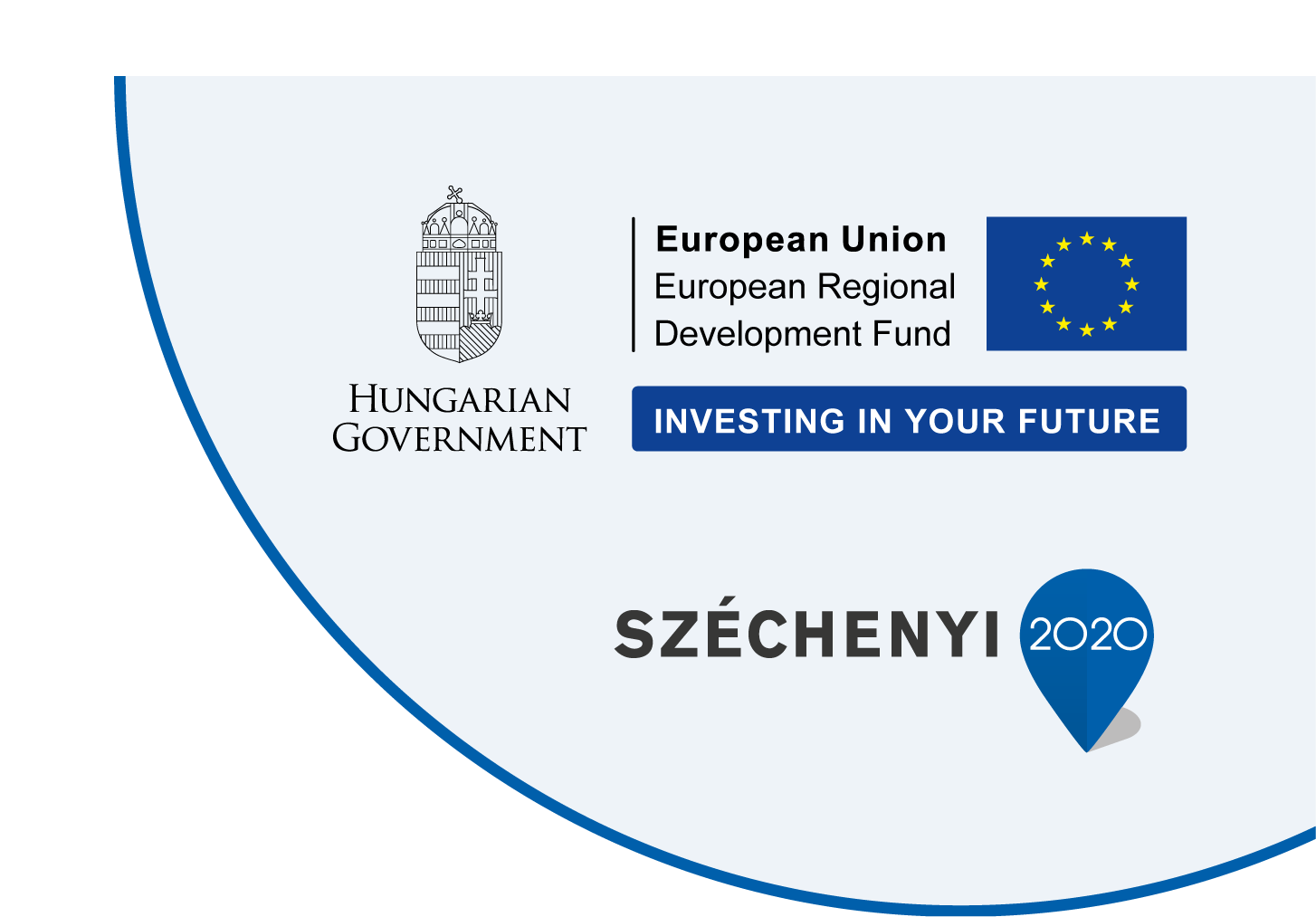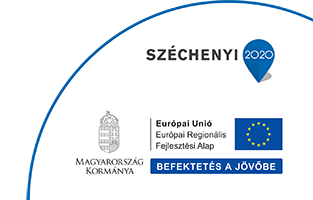
Introduction of the project
BorsodChem Zrt. started the implementation of the project called “Energy-efficient and environmentally friendly neutralization and recycling of chemical industry residues”.
As a result of the project started on 2 May 2016 and finished in 2018, the previous technology with higher environmental impact was replaced by a more environmentally conscious, energy-saving, and efficient process. The HUF 2 billion 039 million non-refundable support is from the European Regional Development Fund.
The main reason for the establishment of the new plant as part of the investment is that chlor-alkali production requires mercury-cathode brine electrolysis technologies to be shut down in December 2017 due to EU regulations. Based on this, BorsodChem replaced the mercury-cathode electrolysis plant and built a new plant in accordance with the new requirements, by this we save on electricity, thus lower CO2 emissions, and the use of mercury in chlorine production was eliminated.
BorsodChem Zrt uses a lot of chemicals and heat for the decomposition of sodium chlorate in chlorine production, the specific amount of which can be expected to be significantly reduced with the use of a suitable catalyst. This type of technology and catalyst is not available on the market today, therefore its development requires R&D activities. It is the task of researchers to find a solution to reduce pollution by improving the current processes and developing new technological solutions, which is extremely important in order to make the system more efficient.
BorsodChem Zrt. has established a 5-member consortium - with the cooperation of the University of Miskolc, Magyar Fejlesztési Intézet Nonprofit Zrt., Bay Zoltán Alkalmazott Kutatási Közhasznú Nonprofit Kft. and VGSZ Vegyipari Gépgyártó és Szolgáltató Kft. - to carry out research and development tasks. The result of the cooperation is a patentable process.
The fund won in the tender by BorsodChem Zrt. will be used for the establishment of the new membrane cell chlorine plant. The successful implementation of the project will result in significant material and energy savings.
The non-quantifiable benefit of the project is that the lack of a temporary test facility between the laboratory and large manufacturing plants is currently a major drawback for the company, so it will be very useful to have a research facility where developers can test the procedures in a size closer to the size of the manufacturing plants. This is important because results may differ between experiments performed in a lab and working with larger volumes. In addition, an R&D workshop will be available in the future, where our and visiting researchers will have the opportunity to work on a number of new technological processes on which it is difficult to spend their own corporate costs.
The close cooperation developed between the members of the consortium during the project is useful not only in the current but also in future projects. Regular professional consultations with research institutes enable the engineers and students there to further develop their professional experience at BorsodChem Zrt.
The project is implemented within the framework of the Széchenyi 2020 program.
